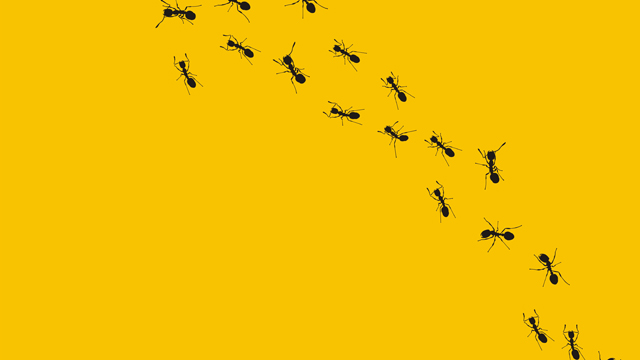
“True humility is not thinking less of yourself; it is thinking of yourself less.” ~C.S. Lewis
Most of us have a pretty good idea of what it takes to be a good person. We may donate canned food in the winter, help out our neighbors when we can, and contribute to a charity or two every year. Sounds like the right path to transformation, right? In truth, there’s a bit more to it than that.
Good deeds bring more Light into the world. But the more aware we become as to how our actions positively impact the world at large, the greater the risk of our egos getting in the way. When we do good things, we naturally start to feel good about ourselves, perhaps even a bit self-congratulatory. This can be problematic as we begin to feed our egos. Kabbalists teach that in order to bring the most Light into the world as possible we must learn to be humble.
Cultivating humility in ourselves is one of the most difficult tasks to accomplish on our journey towards transformation. Our egos see both our good deeds and the blessings in our lives as our own doing. However, “Any action and what we create with ego will not last,” says Michael Berg. “Only what is created with great humility will last forever.” The Kabbalah Centre teaches that the blessings are a direct result of the Creator’s hand. Humility is simply “the understanding that nothing we have is ours,” says Michael Berg. “Our intelligence, our wealth, our beauty, even our spiritual greatness really belong to that part of ourselves that was hewn from the great mountain of the Creator.” When we realize this and act without the influence of the ego, we can bring more Light into the world.
Most of us may agree with this idea on the surface. However, putting this consciousness into practice takes awareness and effort. So, how do we get started? How do we genuinely become humble people effecting change in the world?
First, make a habit of helping others. Find an organization that aligns with a cause you feel passionately about and sign up to volunteer. Start with a small commitment, for instance, delivering meals to the elderly once a month. When you can find more time in your schedule to devote to others, do so. The point is to make your volunteer work a regular part of your life; weave it into your routine so it becomes natural. You’ll soon find that you’re helping out your friends and family more often, as well.
Assisting others is one of the most humbling experiences. When we care for others, we learn humility because we are treating them as equals, giving them the same dignity and compassion that we would hope for in similar circumstances. Helping others instills gratitude within us and shows us how connected we all ultimately are.
Another way to foster humility is to show gratitude and appreciation. When we say thank you, we are acknowledging that we need each other. Humility means accepting that while we may be completely competent in some ways, we need to rely on others from time to time. We each have strengths and unique gifts to offer the world. Recognize and express gratitude for the unique gifts of others. Effective change is not a one-person operation. It is the result of collective and collaborative efforts to make the world a better place. Humility helps make us agents of this change.
Although embracing humility is not always easy, it is an endeavor worth taking. For some of us it is a life-long process. But in the end, it is humility that connects us to the Light of the Creator and to others. As Karen Berg says, “We must have humility and know that, without the Creator, we are nothing.”
